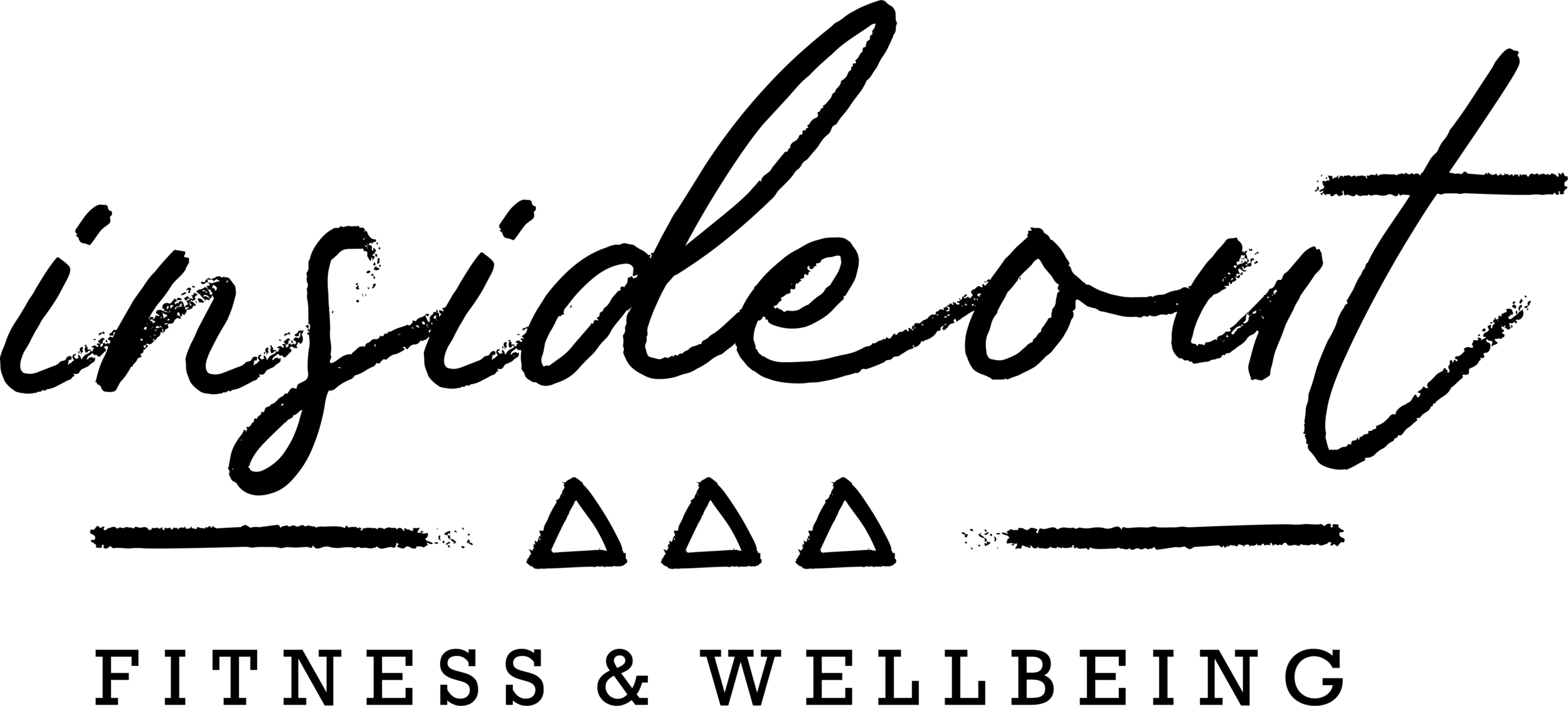EATING “HEALTHY” DOESN’T ALWAYS EQUATE TO FAT LOSS
I would be lying if I said I always knew that fat gain and fat loss were determined by the amount of calories we consumed, not just the kind of food we ate.
Growing up and into early adulthood, I knew that highly processed food was generally higher in calories compared to whole, nutrient dense options, but I didn’t know much about calories beyond that. I assumed eating “healthy” food helped you lose weight, and eating “unhealthy” food is how you gained weight. If you presented me with 500 calories of cookies and 500 calories of fruit, I would’ve told you that if you wanted to lose fat you should stay away from the cookies and eat the fruit.
Little would I have known that regardless of its nutrient content, a person would be consuming the same amount of calories, which is the determining factor for fat loss and gain.
Keep reading and hopefully you can take something away from this post, whether or not that means you learn new information or it encourages you to also help educate others about nutrition so we can work towards simplifying it for everyone.
If you are seeking fat loss, it is crucial to know that you need to be in a calorie deficit. This means that you are consuming less calories than you are expending. To determine how many calories you should eat, check out my calorie calculator ( https://www.insideoutfitnesspdx.com/calorie-calculator ). It is absolutely not necessary to cut out an entire food group from your diet, but you also can’t stuff your face with food just because it’s “healthy.”
Before I continue, it is important that I say there will be optimal food choices for our overall health, satiety, energy levels, and to meet physique goals. Just because you can eat the same amount of calories from fruit and veggies vs. cake and donuts doesn’t mean that I’m saying you should do this (of course you can eat cake and donuts on occasion and enjoy it though). My examples moving forward are simply to shed light on why you may not be losing fat while only eating “healthy food”.
Food that is deemed healthy and nutritious still contains calories (i.e fruit, veggies, nonfat greek yogurt, chia seeds, protein powder, etc). Eating nutrient dense, minimally processed food is best for our health and it gives us the energy we need while also taking care of our insides and I will always recommend this, but somewhere along the way we have started demonizing certain food and blaming it for fat gain. Our bodies process some calories from foods differently than others (this is not expanded on in this post), but in general it is important to remember that calories in vs. calories out is the most important thing to consider for fat loss and gain, NOT the type of food.
All too often you see people downing protein smoothies, loaded acai bowls, Buddha bowls and humongous salads, in the name of “eating healthy” to lose fat. While all of these things are great for micronutrients and energy, they are often very high in calories. Again, this is completely fine to eat things high in calories, but you need to know that these calories COUNT even if they’re from “healthy” food. Your body doesn’t say, “Hey, thanks for that 600 calorie salad. Since you fed me quinoa, sweet potatoes, chicken and tons of vegetables and a tasty olive oil dressing, I won’t count the calories.” All of it counts, even when you choose food that is amazing for your body.
If you enjoy having a smoothie every single day, that’s wonderful and you should do it, but you should be mindful that a smoothie doesn’t mean “fat loss” on its own or equate “health”. A protein smoothie can be optimal however if you do not eat fruit and veggies on their own and you need to have more protein in your diet. Other than that, they’re not necessary for your “healthy lifestyle” and often do not leave you feeling full the same way as eating (not drinking) a meal would for the same amount of calories.
We often try to eat a lot of “healthy” food to cancel out all of the “unhealthy” food we eat on our journey to fat loss with no regard to the fact we’re actually consuming more calories this way which is the exact opposite of what we want to be doing for fat loss. Do not be fooled into thinking you need to eat a certain way for fat loss other than keeping yourself in a CALORIE DEFICIT. If you choose the 500 calories of cookies over the 500 calories of fruit one day, you didn’t ruin your progress.
Minimally processed food will always be a better choice than highly processed food in terms of our health, but now we know why eating “healthy food” doesn’t always equate fat loss if we are not in a calorie deficit. Be mindful of your food intake and calorie consumption, but also remember to not get too caught up in society’s fads and remember the basic, simple formula for fat loss: a calorie deficit.

